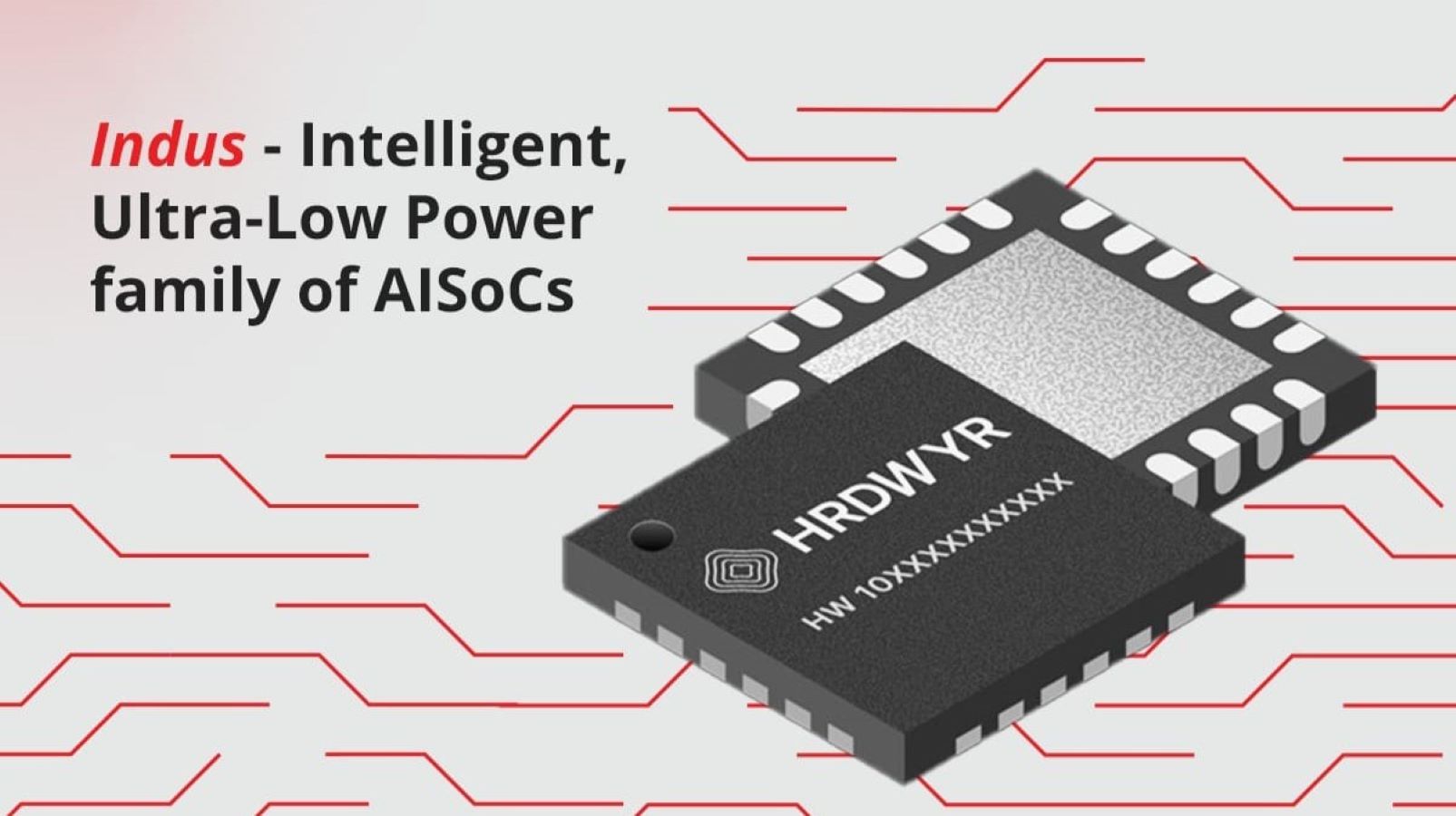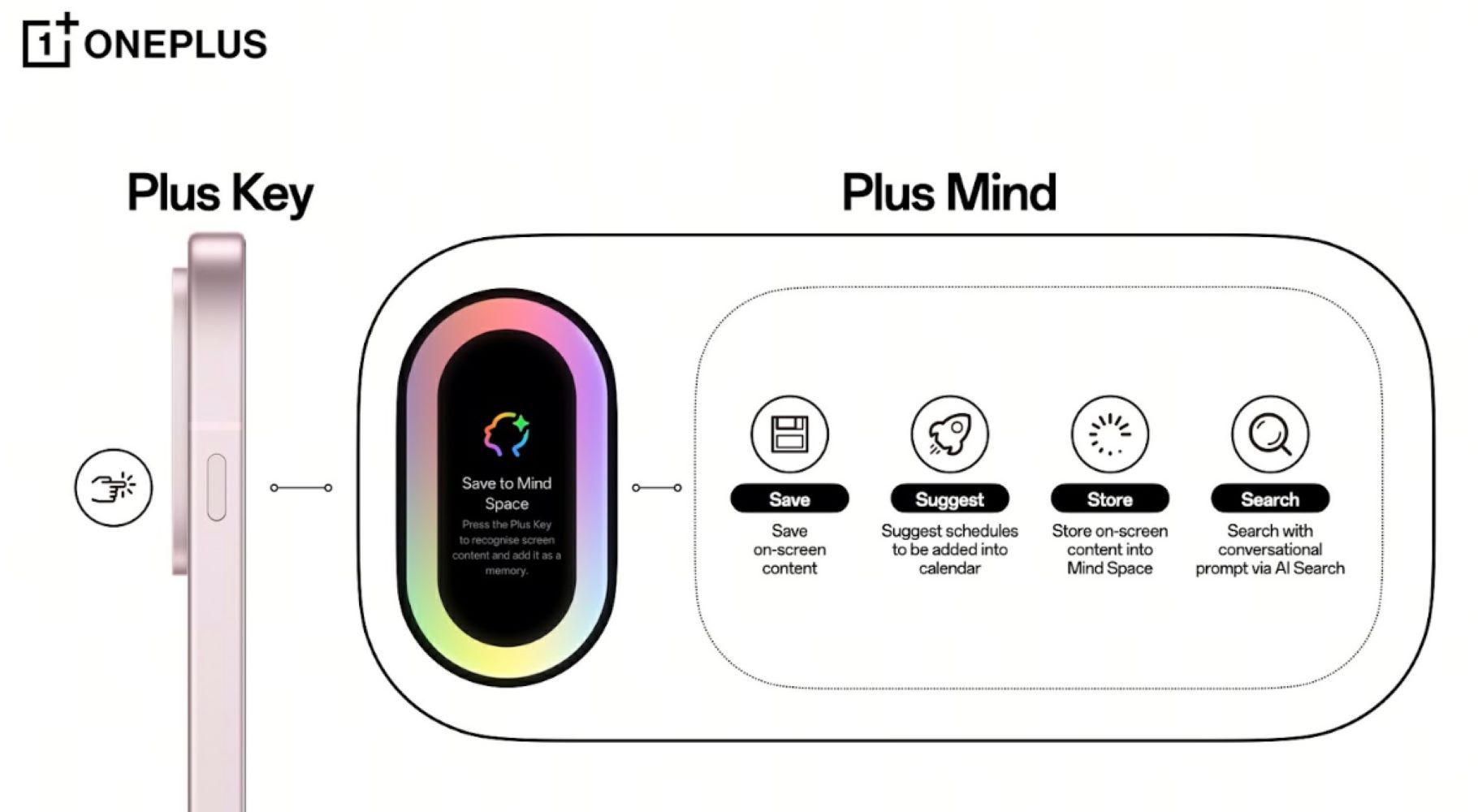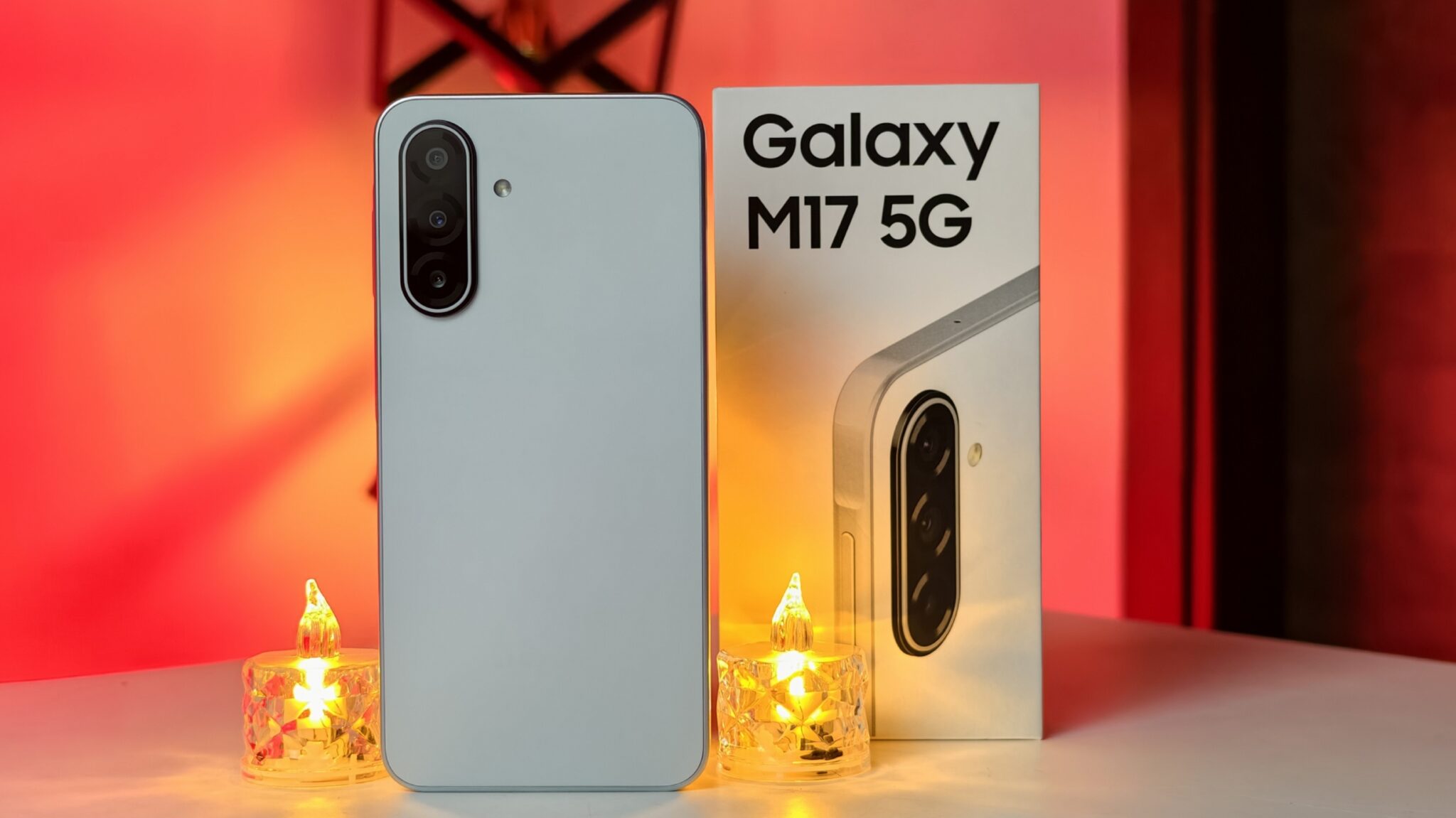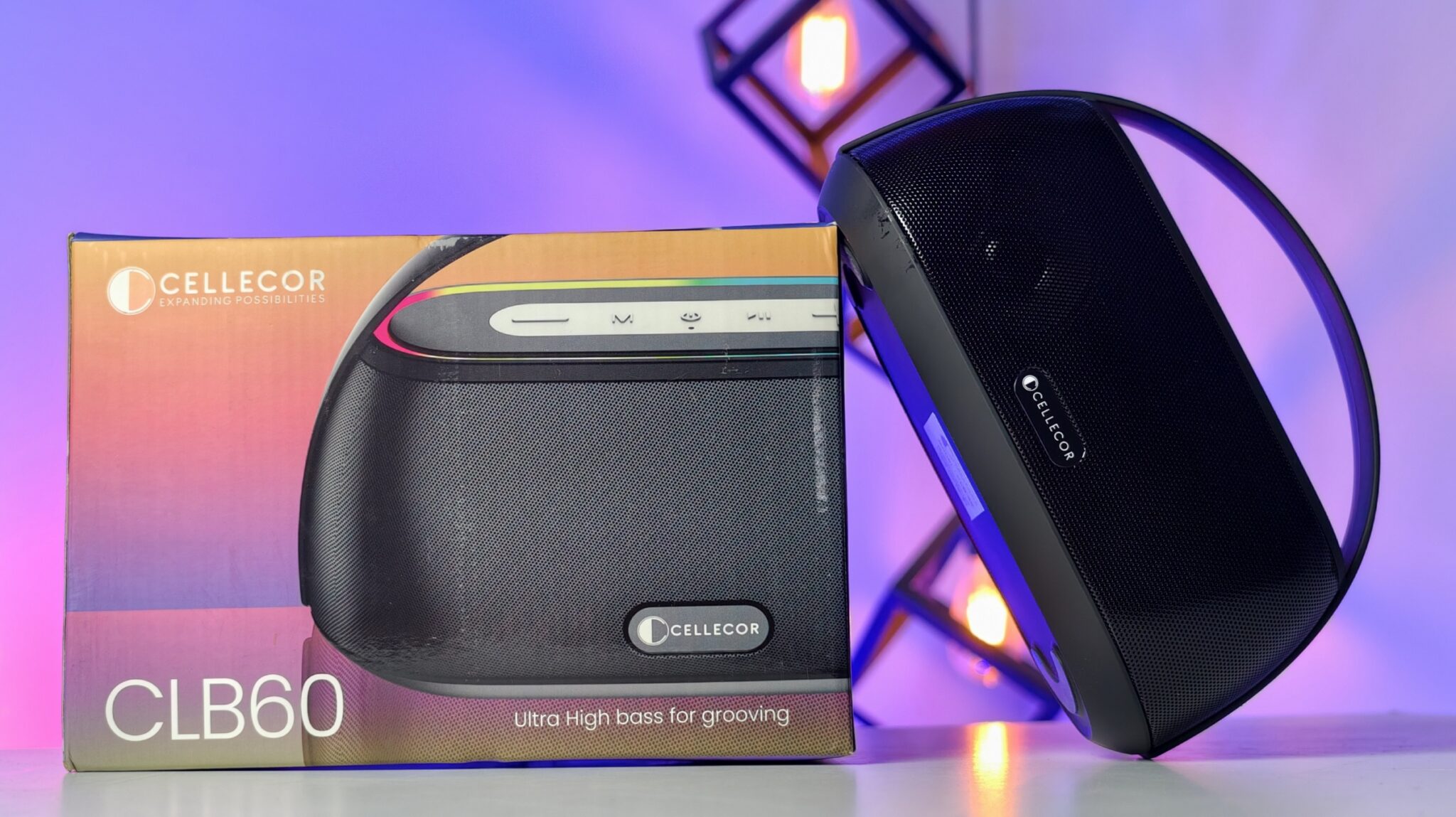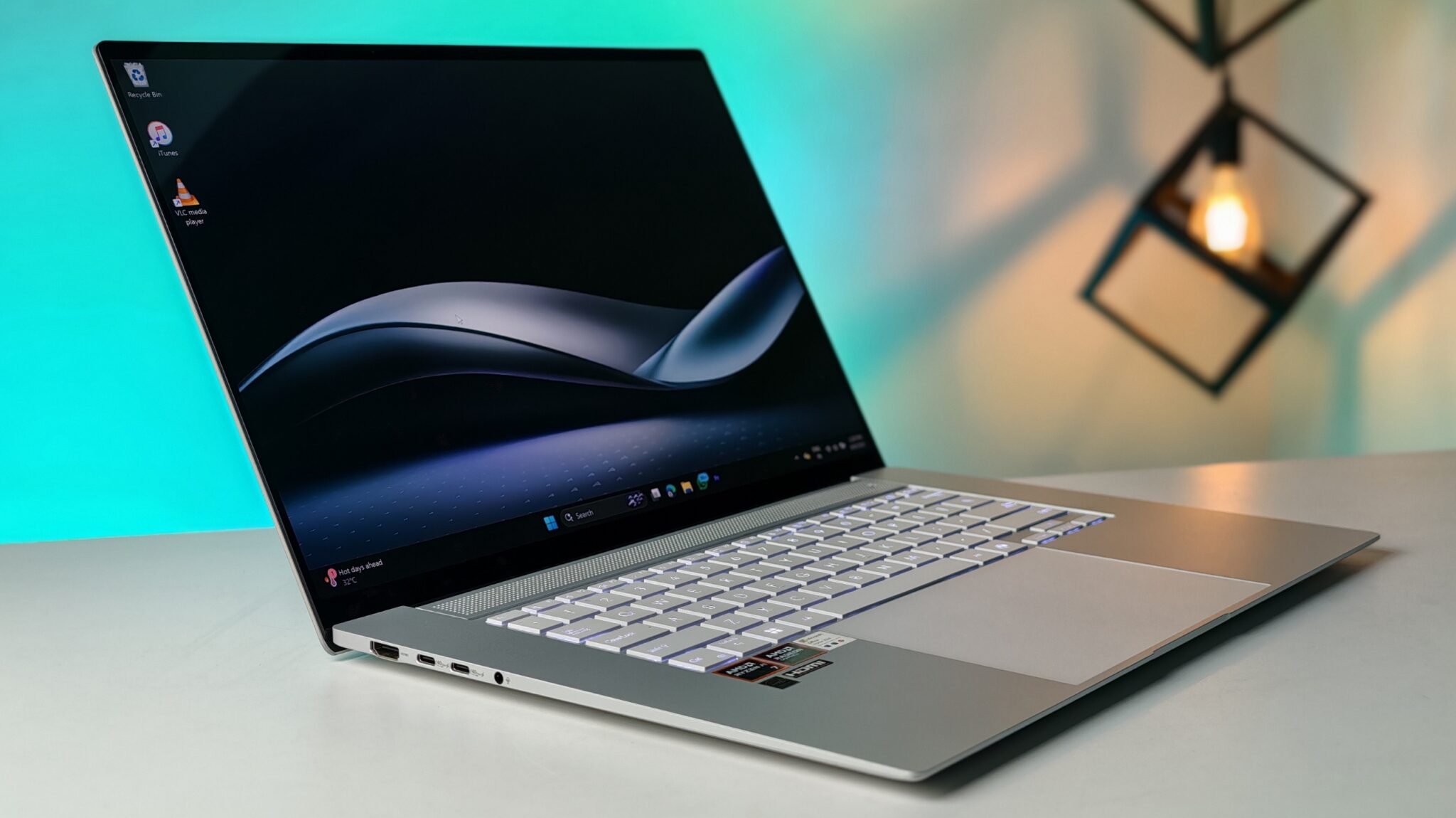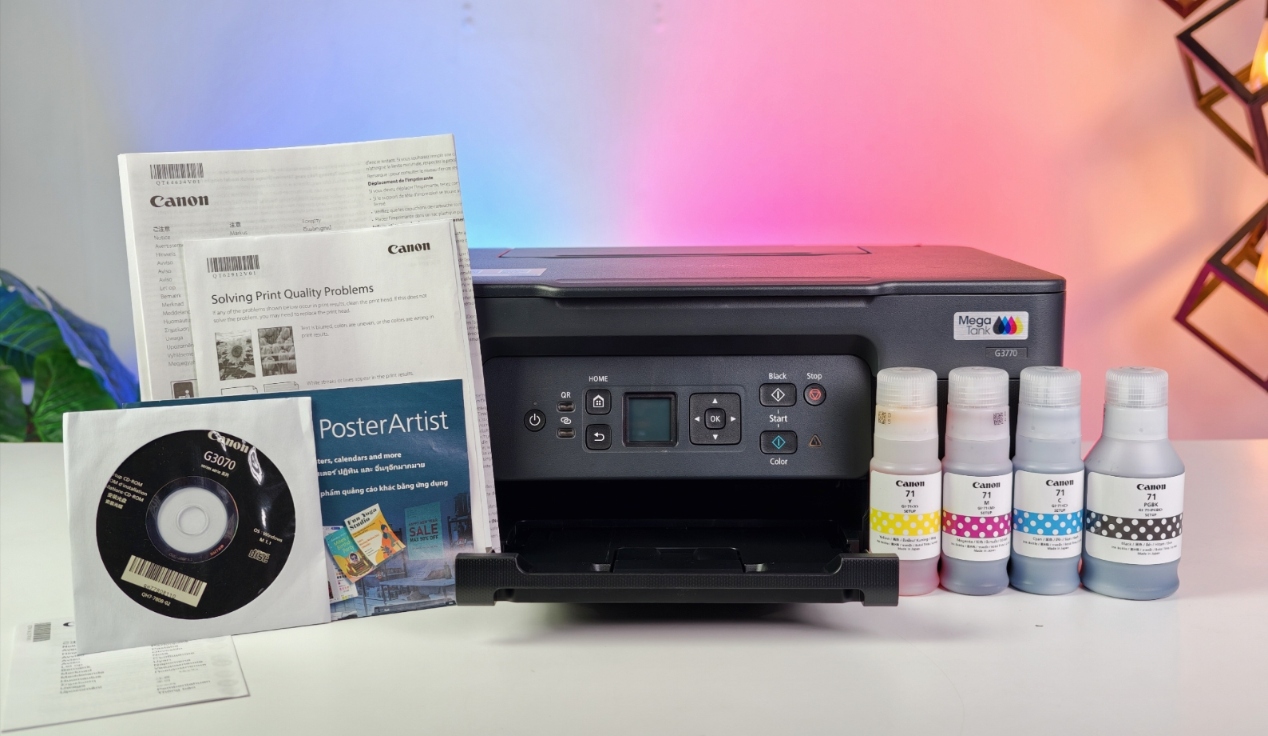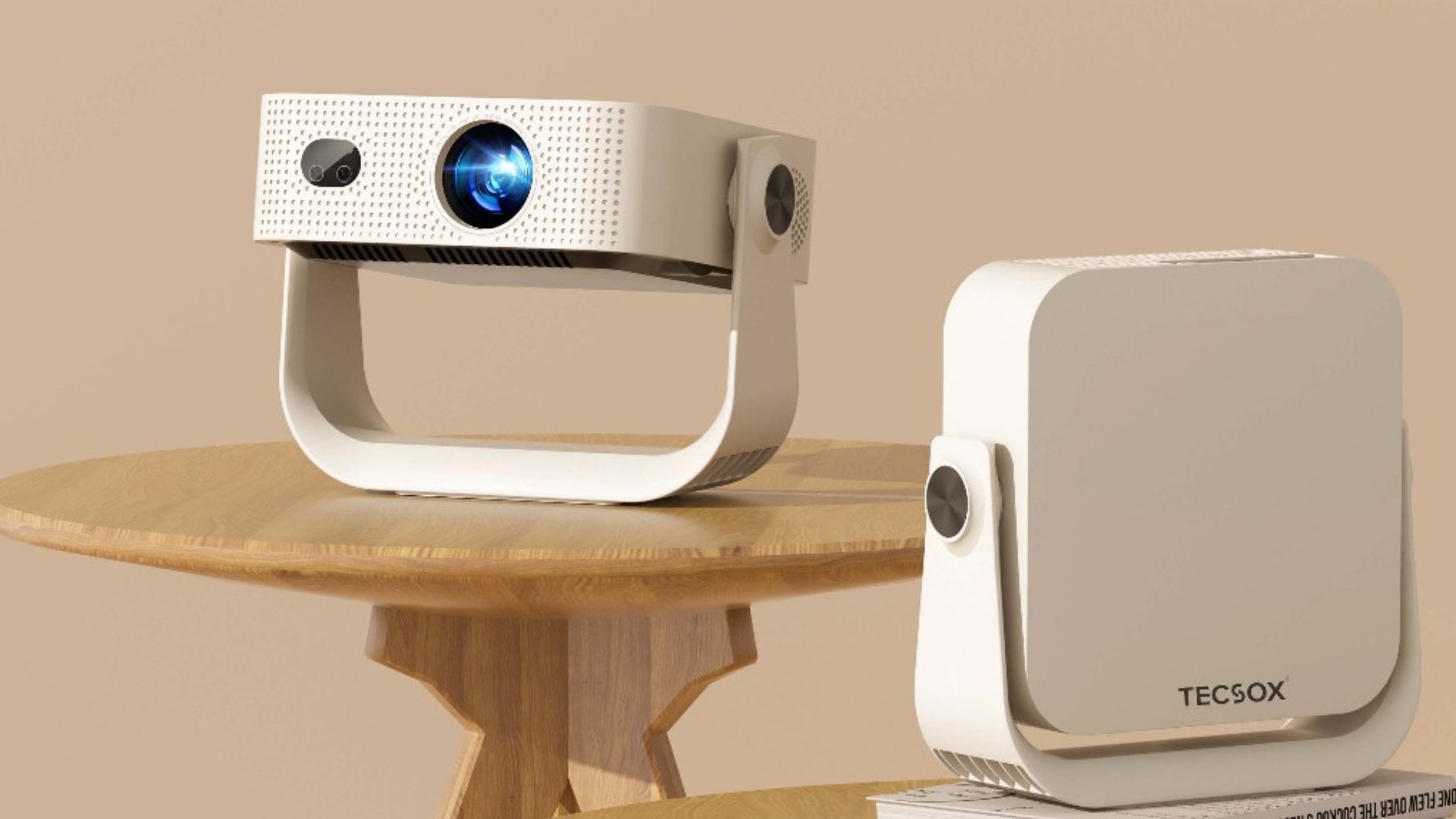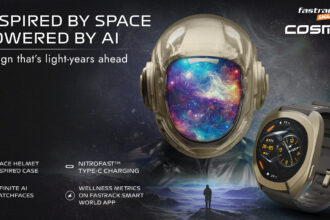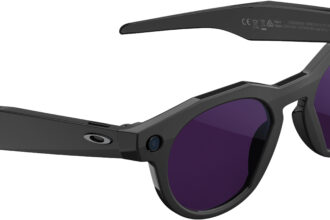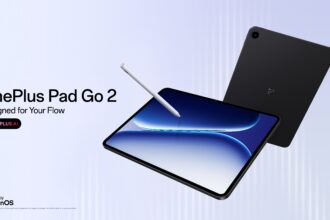India’s semiconductor ecosystem has just taken a meaningful leap forward with the unveiling of the HrdWyr Indus 1011, a fully designed and branded chip developed by Indian startup HrdWyr in partnership with boAt, the country’s leading audio wearables brand. Tata Electronics is also stepping in, managing assembly, packaging, and testing within India.
What makes this particularly notable is that boAt, which has traditionally relied on international chipset makers, is now backing a domestic startup right at the core chipset stage. That is quite a shift, and perhaps even a signal of where India’s tech ambitions are headed.
Key Takeaways
- boAt, HrdWyr, and Tata Electronics are jointly developing an indigenous chip called Indus 1011.
- The chip is fully designed in India by HrdWyr, with a focus on intelligent battery management.
- boAt becomes the first Indian audio wearables brand to support a homegrown company at the chipset level.
- The Indus 1011 will debut in boAt’s premium TWS charging cases starting early next year.
- Everything from design and IP creation to packaging is being done domestically.
A New Model for Collaboration
This partnership hints at a fresh model for how Indian consumer brands can actually help drive semiconductor-level localization and capability building. HrdWyr, which positions itself as a fabless product company, develops specialized AI chips for different industries. For this project, boAt did not just sit back as a client, it actively provided HrdWyr with consumer insights, pointing out pain points and market gaps. HrdWyr then translated these into chip-level features, building new intellectual properties designed for efficiency, low power use, and reliability.
From boAt’s perspective, the role was not limited to simply sourcing a local product. Instead, it stepped up as a lead customer, giving a young Indian startup the scale and confidence to innovate globally. In that sense, the move goes a step further than the usual “Make in India” approach, it is about nurturing deep-tech innovation at home.
Reinforcing India’s Semiconductor Ambitions
The timing also matters. India has made semiconductor development a national priority, and this project is being seen as an important marker. Sameer Mehta, co-founder and CEO of boAt, emphasized that the company has always been aligned with the “Make in India” vision, adding that this step proves Indian consumer brands can play a key role in enabling the ecosystem. It is also a reminder that genuine product differentiation can stem from chip-level innovation, not just design or branding.
Ramamurthy Sivakumar, co-founder and CEO of HrdWyr, echoed this point, stressing that strategic autonomy in semiconductors is critical for a country of India’s size. He also underlined the importance of fabless product companies like HrdWyr in taking Indian innovation to the global stage. That everything, from design and IP creation to packaging, was done domestically fits neatly into the government’s vision for both “Viksit Bharat” (Developed India) and “Atmanirbhar Bharat” (Self-Reliant India).
Frequently Asked Questions
Q. What is the HrdWyr Indus 1011 chip?
A. The Indus 1011 is a high-volume, branded chip designed entirely in India by the startup HrdWyr. It brings new features for intelligent battery management and will be used in boAt’s upcoming True Wireless Stereo (TWS) charging cases.
Q. Who are the main partners in this collaboration?
A. The primary partners are boAt, an Indian audio wearables brand, and HrdWyr, a semiconductor startup. Tata Electronics is also a key partner, providing domestic assembly, packaging, and testing services.
Q. What is the significance of this collaboration for India?
A. The partnership is a proof-point for India’s ambitions in the semiconductor sector. It sets a new precedent for customer-startup collaborations, helps build self-reliance in deep technology, and positions Indian innovation on the global stage.
Q. When will the new chip be available in products?
A. The chip is set to debut at a large scale in boAt’s premium TWS charging cases early next year.


